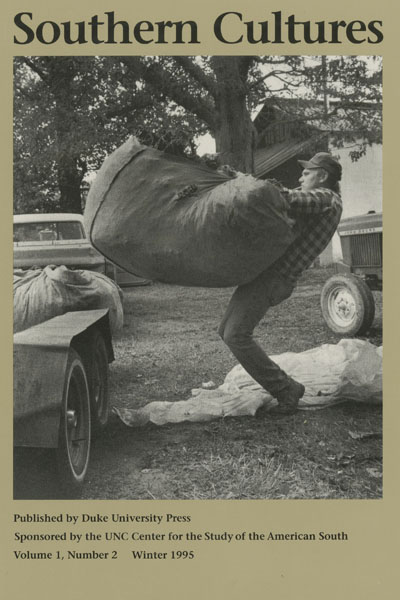University of Georgia Press, 1990.
At least since the publication of Sandra Gilbert and Susan Gubar’s The Madwoman in the Attic in 1979, feminist literary critics have acknowledged the temerity of a woman’s decision to seize the pen—with its obvious associations with phallocentric power—for her own use. Lucinda MacKethan adds her voice by asserting that southern women in particular have found writing to be a powerful means of separating themselves from the patriarchy and establishing their own identities. Whether black or white, slave or free, southern women have sought control over their lives by controlling the narrative, by creating their own stories apart from those prescribed by white male power. MacKethan argues that these women in essence create and take charge of their own lives as they control language and use it to escape the confines of the father’s house.


